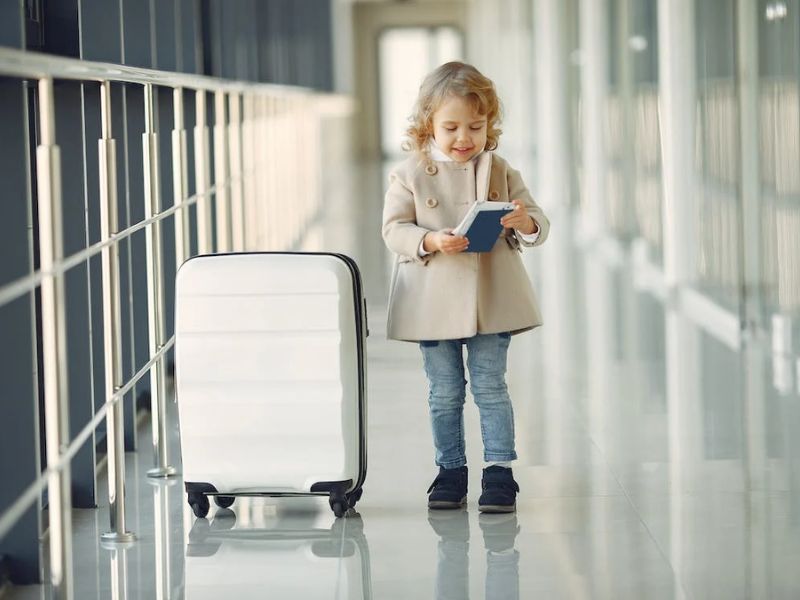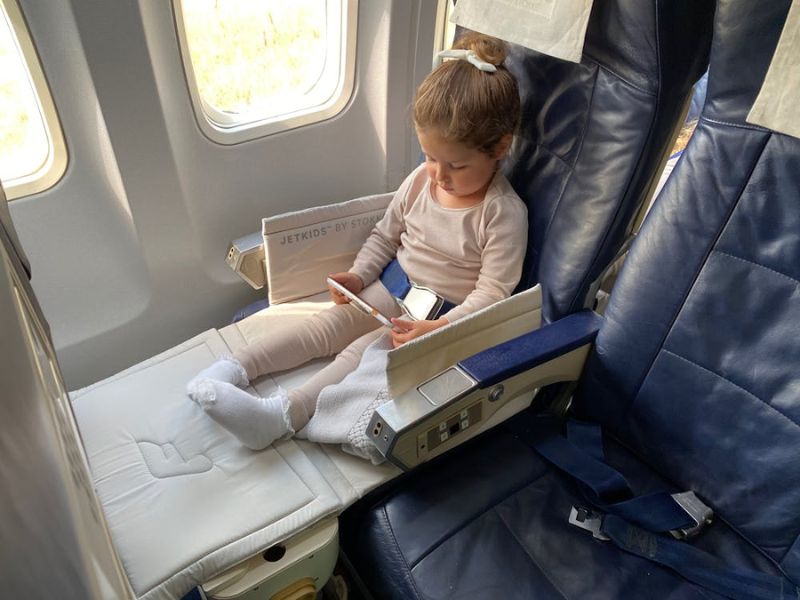It is becoming more common for airlines to offer programs for minors traveling these days independently. Flight by air can sometimes be a stressful experience, but you’re probably a Simple Flying reader, so you probably enjoy it!
In contrast, children, especially those who fly alone, may not always enjoy the same experience. Here’s what you need to know to send your child on a flight alone.

Image Credit: Pexels/Gustavo Fring
Programs For Unaccompanied Minors
The level of travel support can range from essential chaperoned assistance to more comprehensive services, depending on the airline of your choice. All unaccompanied minor programs aim to cushion the stress and fear of traveling alone for a child, as well as reassure parents that their child will be well cared for.
Detailed Requirements
- A majority of airlines prohibit children under five from flying unaccompanied. The airline must have an unaccompanied minor program for children over five. Some airlines, however, require that the child be 12 years old.
- The responsible adult who picks up and drops off your child will also need documents and their passport.
- Travel insurance and medical information, such as allergies and medications, should be provided to the airline in advance.

Image Credit: Pexels/Rahul Singh
The Check-In Process
Boarding priority is given to minors so they can settle on the plane faster. A responsible adult must accompany minors throughout the check-in process. After checking in, a cabin crew member will guide the child through security. If the flight does not depart for any reason, parents should remain at the airport until after departure.
Be Extra Cautious
While most airlines offering chaperoned services must adhere to these rules and regulations, the service level can vary. Please note that there are often additional costs involved as well. Verify the airline’s requirements and regulations before booking your child’s flight.